Course-based undergraduate research experiences (CUREs) are excellent opportunities for 1st- and 2nd-year Yale undergraduates to get involved in STEM research in a welcoming environment while earning course credit. For these courses, there is no prior research experience required.
2019-2020 CURE Courses
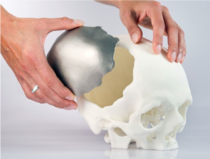 |
Discovery and Design in Biomedical Research[Offered: Fall 2019] |
Course Instructors: Dr. Jay Humphrey (jay.humphrey@yale.edu) and Dr. Alyssa Siefert (alyssa.siefert@yale.edu)
Course Description: This course will introduce a clinical dilemma, that is, a medical or surgical need, and help students to learn how to work together effectively to identify a solution that stems from a multi-disciplinary approach. Toward this end, we will focus on precision regenerative medicine as an illustrative area of study for it involves aspects of bioengineering, materials science, immunobiology, mechanobiology, computational modeling, and experimental design. We will also advance to hands-on fabrication and materials testing (i.e., data collection and analysis). To focus our study, we will consider in detail the design of a drug-eluting, tissue engineered vascular conduit for surgical treatment of a congenital heart defect that is diagnosed and treated in early childhood. This topic also offers the opportunity to understand contributions from diverse areas of clinical collaboration, including surgery and cardiology. Because the solution is open-ended it will enable a true classroom directed research experience. Although focused on a single clinical need, all of the methods learned will be generally applicable to a host of clinical needs.
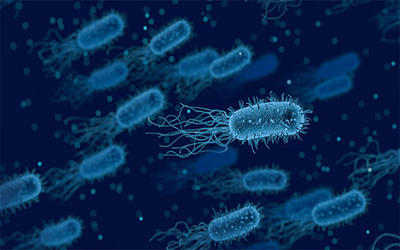 |
Exploring the Microbial World[Offered: Spring 2020] |
Course instructor: Dr. Iain Dawson (iain.dawson@yale.edu)
This laboratory will introduce beginning undergraduate students to STEM research, through an immersive experience in a real-world research project. Students will work with the common soil bacterium Bacillus mycoides. B. mycoides has a unique filamentous and spiraling growth pattern and individual B. mycoides isolates display either clockwise or counter-clockwise chirality. Students will isolate their own B. mycoides strains and characterize their growth patterns under different conditions. Additionally, students will work on developing methods and tools for future research, such as ways to isolate individual cells and constructing fluorescently tagged lines to study cell and filament growth. Coursework will focus on developing student skill sets in microbial laboratory practice and developing critical thinking through legitimate participation in, and importantly designing, an ongoing laboratory investigation.
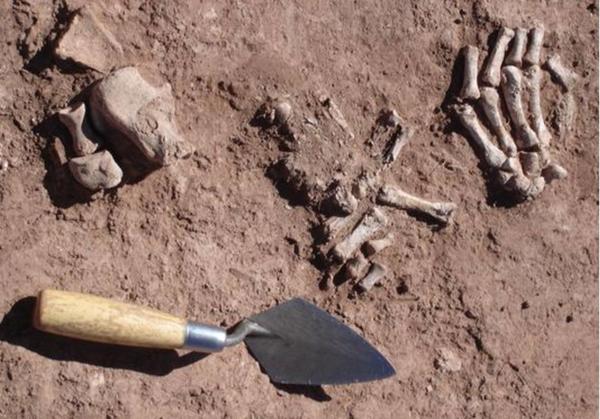 |
Introduction to Experimental Archaeology[Offered: Spring 2020] |
Course instructors: Dr. Ellery Frahm (ellery.frahm@yale.edu) and Dr. Roderick McIntosh (roderick.mcintosh@yale.edu)
Experimental archaeology lies at the intersection of anthropological archaeology, STEM, and the television show “Mythbusters.” Through the replication of ancient technologies, we can test models that explain the dynamic behavioral and natural processes which led to the formation of the archaeological record. Students explore the elements of good experimental design, procedure, and assessment by carrying out research of their own designs and working together in peer groups, resulting in an in-class presentation, scientific poster, and project portfolio.
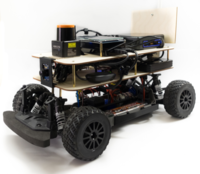 |
Self-Driving Cars:Theory and Practice[Offered: Spring 2020] |
Course instructor: Dr. Man-Ki Yoon (man-ki.yoon@yale.edu)
This course explores the theory and practice of building self-driving cars using advanced computing technologies. Topics include embedded system programming, sensors, control theory, and introductory planning and navigation techniques using machine learning and computer vision. This course aims to provide students in STEM field opportunities i) to understand the introductory theory that enables the autonomous driving and also ii) to have hands-on experience with various software and hardware tools. Over the course of the semester, students work in small groups to build miniaturized self-driving cars that autonomously navigate an indoor track that resembles real road environments.
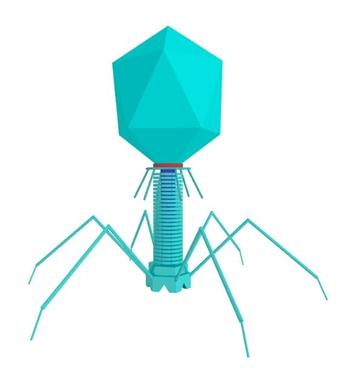 |
Virus Discovery and Evolution[Offered: Spring 2020] |
Course instructor: Dr. Alita Burmeister (alita.burmeister@yale.edu)
An introduction to empirical research with a hybrid between lab exercises and mentored research on bacteriophage, which are viruses that infect bacteria. A general goal of this course is for each student to decide whether they want to continue with undergraduate research. Specific learning objectives and assessments focus on experimental design, hypothesis testing, data analysis, and presentation. Students will practice these skills and conduct independent research projects. Students will gain basic experience with methods and principles from microbiology, genetics, ecology, and evolutionary biology.